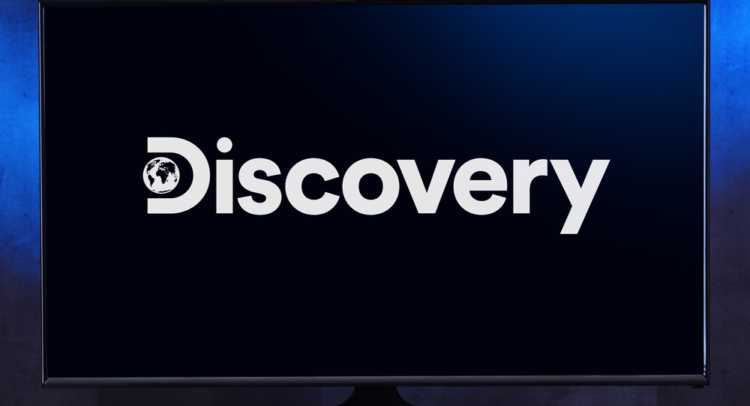Discovery (DISCA) is an American media company that operates television channels primarily focused on telling factual stories. Its brands include Discovery Channel, Science Channel, and Animal Planet. Discovery recently agreed to merge with AT&T’s (T) WarnerMedia unit to form a larger media organization called Warner Bros. Discovery.
For Q4 2021, Discovery reported a 10% year-over-year jump in revenue to $3.2 billion and surpassed the consensus estimate of $3.1 billion. It posted EPS of $0.08, which declined from $0.42 in the same quarter the previous year and missed the consensus estimate of $0.83.
With this in mind, we used TipRanks to take a look at the newly added risk factors for Discovery.
Risk Factors
According to the new TipRanks Risk Factors tool, Discovery’s top risk category is Finance and Corporate, with 17 of the total 32 risks identified for the stock. Ability to Sell and Macro and Political are the next two major risk categories with 6 and 3 risks, respectively. The company has recently updated its profile with six new risk factors.
Discovery tells investors that it expects to complete the merger with AT&T’s WarnerMedia in Q2 2022. But it cautions that the deal may fail to close. The company mentions that the completion of the deal is subject to a variety of factors, some outside its control. Discovery cites the need to obtain the approval of its shareholders and government authorities before the transaction can be completed.
If it fails to close the deal, Discovery warns that its stock price, business, and financial condition may be adversely affected. For example, it mentions that it would be required to pay a $720 million termination fee to AT&T if the deal collapses under certain circumstances, which would be a setback to its finances.
Discovery also informs investors that while it may succeed in closing the WarnerMedia merger, it may not achieve the anticipated benefits of the transaction. For example, the company mentions that integrating the businesses could prove more difficult and costly than currently anticipated. Moreover, there may be an unexpected loss of key employees and customers.
Discovery cautions that the deal is expected to drive up its debt. It explains that it ended 2021 with $15.2 billion in debt, and the WarnerMedia deal, if completed, would see it assume an additional $43 billion in debt. The company warns that servicing the increased debt could reduce the cash available for capital expenditures, investments, and share repurchases. Moreover, the high debt level could lead to the downgrading of Discovery’s credit rating, which would, in turn, increase the company’s borrowing costs.
Finally, Discovery tells investors that it operates in a highly competitive industry. In addition to new entrants disrupting the market, the company mentions rising programming costs. Therefore, it cautions that its business, operating results, and financial condition may be harmed if it is unable to compete effectively.

Analysts’ Take
RBC Capital analyst Kutgun Maral recently maintained a Buy rating on Discovery stock with a price target of $50, which implies 71% upside potential.
Consensus among analysts is a Strong Buy based on 6 Buys and 1 Hold. The average Discovery price target of $45.33 implies 55.03% upside potential to current levels.

Download the TipRanks mobile app now.
To find good ideas for stocks trading at attractive valuations, visit TipRanks’ Best Stocks to Buy, a newly launched tool that unites all of TipRanks’ equity insights.
Read full Disclaimer & Disclosure
Related News:
Scotiabank Q1 Profit Rises 14%, Smashes Estimates
BMO Q1 Profit Rises 45%, Beats Estimates
First Solar Drops 16% on Revenues Miss & Muted Outlook
















